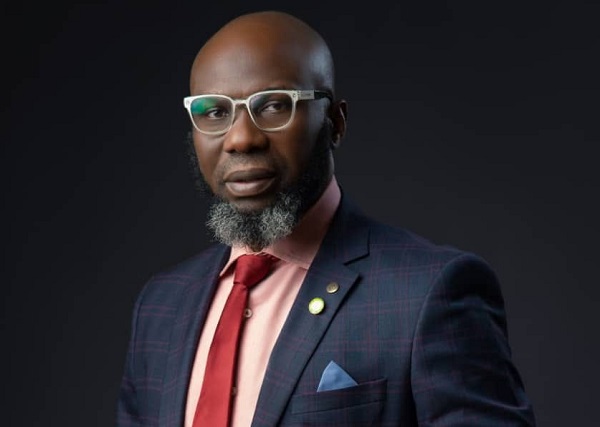Moyosore Ajao, an anatomy professor at the University of Ilorin (UNILORIN), has further spoken on his comments about how a shortage of cadavers across Nigerian medical schools is hindering learning.
Ajao, in an inaugural lecture at the varsity, spoke of issues bordering on the dissection of bodies for medical studies.
Inaugural lectures happen once in the lifetime of most senior academics and often showcase their work in the field.
Ajao addressed a topic that gained media attention in what became the 214th inaugural lecture at the university.
It was titled: “The belly, brain, and environmental toxins: Balancing the conflicts between necessity and cost”.
Ajao said the non-availability of cadavers for practical classes impedes the study of anatomy, especially in Nigeria.
The comment had many Nigerians raising their brows and, as Ajao argued, rethinking the matter “out of context”.
“If they purchase the book, they would’ve read what I said. What people pick on social media is their problem. A lot of these people don’t understand what we do in anatomy. They need to research and educate themselves,” he said.
“How many Nigerians donate bodies to anatomy departments for use in medical research when they die? The recommendation is that you must have eight students to one dead body for use during dissection classes.
“But you have a situation where one body is used by 50. Does that make for good learning? If you have multiple medical schools coming up across Nigeria and you don’t have the facilities to train, what are we talking about?
“People just take things out of context, talking as though we would go and pick dead bodies from the streets. Go back in history and see what they did to arrest the situation when there were shortages of cadavers in Britain.”
Across the globe, medical schools have had to address a shortage of dead bodies while others remain unaffected.
Nigeria’s legal backing for cadavers in anatomical research
The sources of human tissue used for medical research depend on local legislation, the awareness and willingness of the population to contribute to anatomy education, cultural and religious customs, and socioeconomic factors.
Today, the most common sources are body donation programmes and unclaimed dead bodies — that is, bodies of individuals who die without relatives or friends to claim them for burial or without the means to afford a burial.
In some countries with a shortage of available bodies, anatomists end up importing cadavers from other countries.
In Nigeria, the Anatomy Act regulates, permits medical practitioners, superintendents of schools of anatomy, teachers in such schools, or any student attending such school to anatomically examine or dissect received bodies.
It came into force in 1933 and remains the main regulatory instrument covering its sphere of operation in Nigeria.
New developments have taken place over time, hence, there have been several calls to ensure the law is updated.
The act permits certain persons to take and examine a body anatomically as long as they are permitted by a person who had, at the time, lawful possession of the body and who had the powers pursuant to the provisions of the act.
It also accounts for offences contravening its provisions but doesn’t capture an actual procedure for body donation.
Ajao calls for repeal, re-enactment of Anatomy Act
Ajao also touched on how laws can be proposed to guide programmes covering donation and unclaimed corpses.
“One solution is that the government should look into the repeal and reenactment of the Anatomical Act. If we look into the proposed act, we may be able to find some way around the strategies of cadavers,” the professor added.
“In the training of medical doctors and health-related disciplines, people need to dissect human bodies. It’s not just about looking at 3D pictures or computer simulations. No. You need an actual human body to dissect.
“If they are not there, what do we do? What the lecture spoke of is that we have a shortage. It’s not the first time. This has been a challenge all over the world. In advanced countries, you solve this by having a system in place
“People get to donate to medical schools and colleges. If they die, they’re taken there. FG should identify laws that will allow dead prisoners, destitute, and unclaimed bodies to be given to schools. That solves a lot of problems.”
Copyright 2025 TheCable. All rights reserved. This material, and other digital content on this website, may not be reproduced, published, broadcast, rewritten or redistributed in whole or in part without prior express written permission from TheCable.
Follow us on twitter @Thecablestyle

